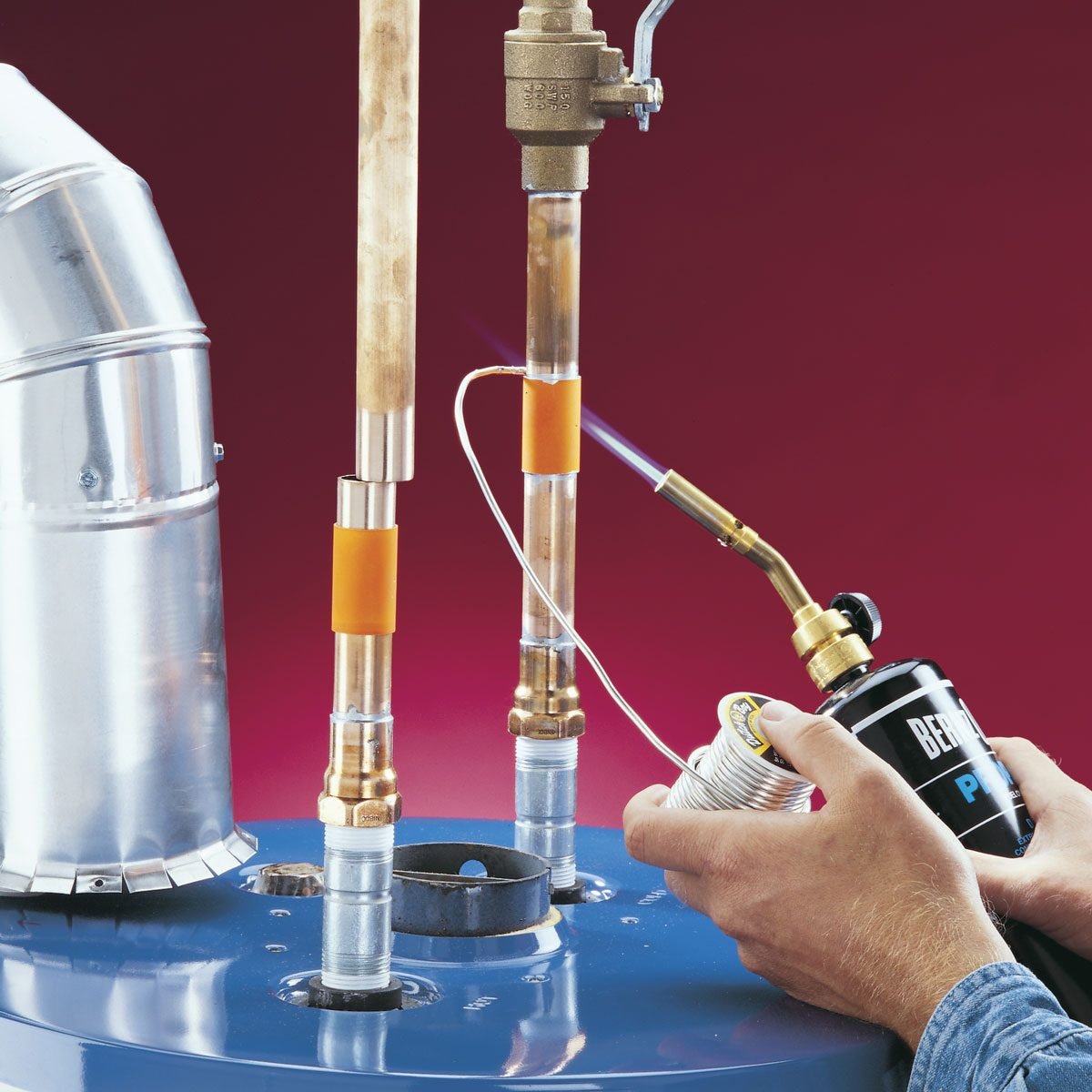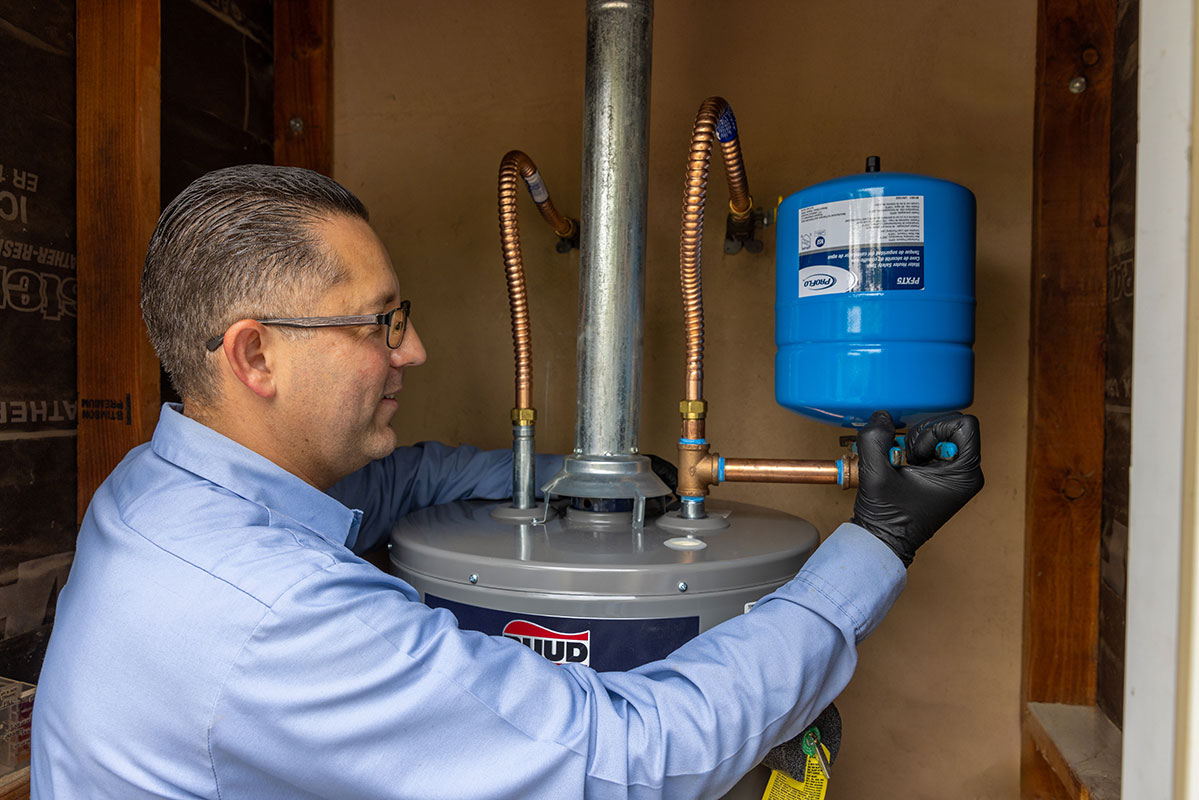Complete Overview to Water Heating SystemInstallation and Substitute
Recognizing the ins and outs of water heating unit setup and replacement is critical for property owners looking for to ensure effectiveness and integrity in their warm water supply. From choosing the proper type and dimension to implementing a seamless installation procedure, numerous factors should be taken into consideration to stay clear of usual pitfalls. This guide will supply you with the essential actions and understandings to navigate the intricacies of this home renovation task, while additionally highlighting important upkeep techniques that can prolong the life of your system. As you explore these elements, you might locate on your own reassessing your existing arrangement and identifying areas for enhancement.
Kinds of Water Heating Systems
When considering hot water heater installation and replacement, it is important to understand the different kinds of hot water heater available in the market. One of the most common types consist of storage tank hot water heater, tankless water heaters, warmth pump hot water heater, and solar hot water heater.
Tank water heating systems are typical systems that store a details volume of hot water, making them conveniently available when required. In contrast, tankless water heating units provide hot water on need, eliminating the demand for storage space.
Heatpump hot water heater utilize power to transfer warm from the air or ground to heat water, providing substantial energy savings however calling for more space and certain installation problems. Last but not least, solar water heaters harness solar energy to warm water, offering an eco-friendly alternative with possible lasting price financial savings, although they usually need a back-up system for over cast days.
Understanding these options guarantees informed choices concerning installation and substitute, dealing with particular demands and choices.
Picking the Right Dimension
Choosing the suitable size for a hot water heater is vital to guarantee ideal efficiency and performance. A system that is too tiny will struggle to fulfill family demands, resulting in inconsistent warm water accessibility and increased power usage. On the other hand, an oversized hot water heater can lead to unnecessary power waste and greater utility costs.
To identify the right dimension, consider the household's optimal warm water usage. This can be computed based upon the number of owners and their normal warm water requirements. A family members of four may call for a water heater with an ability of 50 to 80 gallons, depending on the usage patterns, such as simultaneous showers and washing.
In addition, evaluate the recuperation rate, which determines just how rapidly a heating system can renew warm water after it has been made use of. For tankless models, concentrate on the flow rate, measured in gallons per min (GPM), to ensure it fulfills the family's simultaneous demand.

Setup Refine Summary

Next, the old device needs to be detached and gotten rid of, taking treatment to comply with neighborhood codes and guidelines regarding disposal. As soon as the old system is out, the new hot water heater can be placed in place. This action involves connecting the water system lines, guaranteeing that all installations are safe and leak-free.
After establishing water connections, it's essential to link the power supply, whether electric or gas, complying with the manufacturer's directions carefully. As soon as all connections are made, the system must be loaded with water, and the power can be transformed back on. Ultimately, it is necessary to look for leakages and guarantee the hot water heater is working properly prior to completing the installment procedure.
Common Setup Errors

One more constant blunder is ignoring to follow regional codes and laws. Failing to adhere to these requirements can not just lead to safety risks yet may likewise result in expensive fines or the requirement for expensive reinstallation.
Inaccurate pipes links are additionally a common blunder. Falling short to secure connections or utilizing the wrong sort of installations can cause leakages and water damages. Furthermore, neglecting the value of a proper drainpipe pan can lead to considerable water damages if leakages do happen. Insufficient insulation of pipelines can lead to warm loss, minimizing effectiveness. By preventing these common installation errors, home owners can guarantee their water heating unit operates safely and successfully, optimizing performance and longevity.
Maintenance Tips for Long Life
Appropriate maintenance of a water heater is necessary for its durability and optimum efficiency. Regular examinations and servicing can prevent pricey repairs and extend the device's life expectancy. Begin by checking the temperature level setup; it must generally be established between 120 ° F and 140 ° F for optimum energy performance and safety.
Every six months, purge the tank to eliminate debris buildup, which can harm heating performance and cause rust. To do this, shut off the heating unit, attach a pipe to the drainpipe shutoff, and allow the water run until it is clear.
Anode poles should be checked each year and replaced when they are worn away. These poles aid protect against container corrosion by drawing in harsh components in the water.
Additionally, examine the stress safety valve regularly to ensure it is working properly. This shutoff is vital for stopping too much stress build-up within the tank.
Lastly, think about arranging a specialist upkeep check every couple of years for thorough evaluations and maintenance. By adhering to these maintenance tips, property owners can substantially improve the performance, view it now safety and security, and lifespan of their water heating units, guaranteeing trustworthy warm water for many years to find.
Final Thought
Finally, correct installment and maintenance of hot water heater are critical for ensuring efficiency and durability (drain cleaning). Choosing the suitable kind and size, sticking to setup standards, and staying clear of common mistakes dramatically contribute to ideal efficiency. Routine maintenance checks and expert maintenance help suffer capability and prevent costly repairs. By recognizing these necessary aspects, property owners can attain a reputable warm water supply while minimizing potential issues related to water heating unit procedure.
Comprehending the ins and outs of water heating system installation and replacement is crucial for property owners seeking to guarantee performance and dependability in their hot water supply.Container water heating systems are typical systems that keep a particular volume of hot water, making them easily offered when required. In comparison, tankless water heating systems supply hot water on need, eliminating the need for storage space. Selecting a water heating system that is either too small or as well big can lead to inefficiencies, resulting in inadequate hot water supply or extreme power consumption.
By understanding these here vital elements, house owners can achieve a trusted hot water supply while minimizing prospective problems associated to water heating unit operation. plumber Denton.